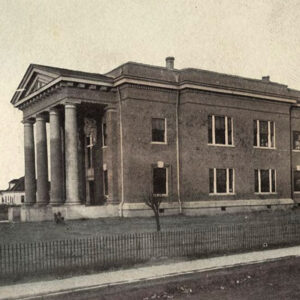 1907 Chicot County Courthouse
1907 Chicot County Courthouse
Entry Category: Chicot
 1907 Chicot County Courthouse
1907 Chicot County Courthouse
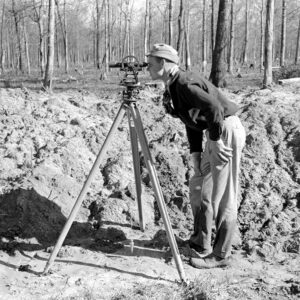 Chicot Farms Surveyor
Chicot Farms Surveyor
Columbia (Chicot County)
Dermott (Chicot County)
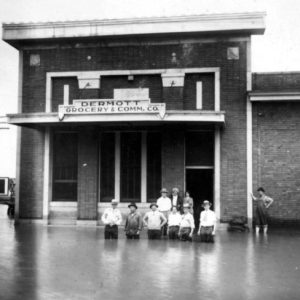 Dermott 1927 Flood
Dermott 1927 Flood
 Dermott Flood
Dermott Flood
 Dermott News
Dermott News
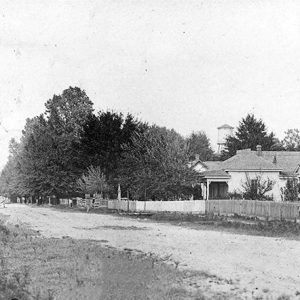 Dermott Street Scene
Dermott Street Scene
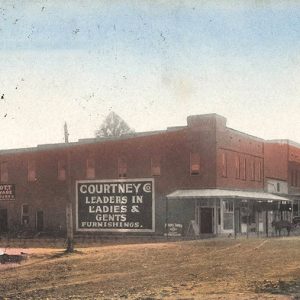 Dermott Street Scene
Dermott Street Scene
Eudora (Chicot County)
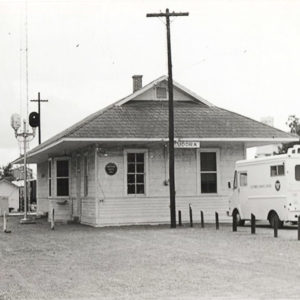 Eudora Depot
Eudora Depot
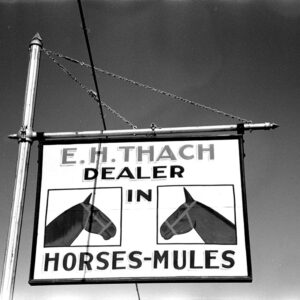 Eudora Sign
Eudora Sign
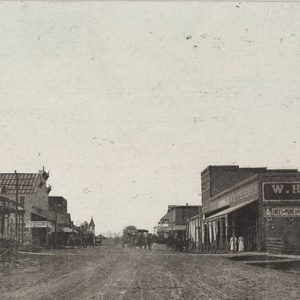 Eudora Street Scene
Eudora Street Scene
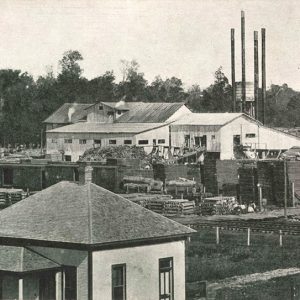 Fee Crayton Co.
Fee Crayton Co.
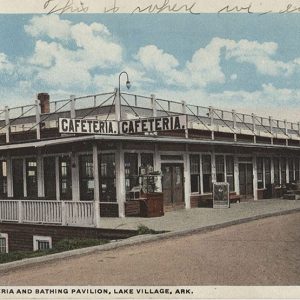 Gaines Cafeteria
Gaines Cafeteria
 Greenville Bridge
Greenville Bridge
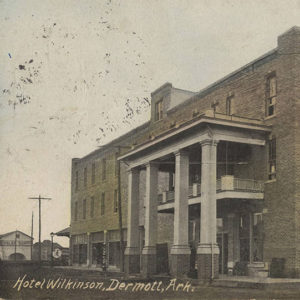 Hotel Wilkinson
Hotel Wilkinson
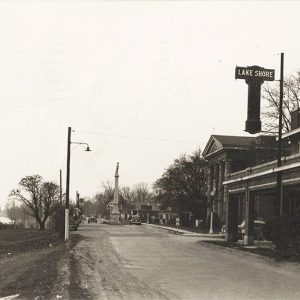 Lake Shore Drive
Lake Shore Drive
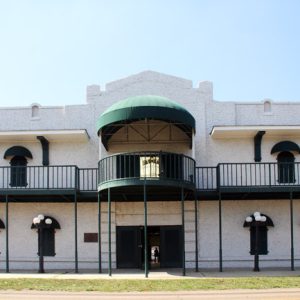 Lake Shore Hotel
Lake Shore Hotel
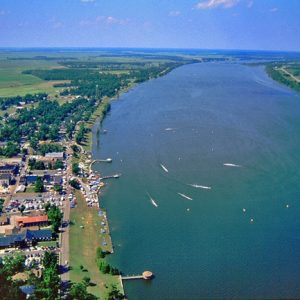 Lake Chicot
Lake Chicot
Lake Village (Chicot County)
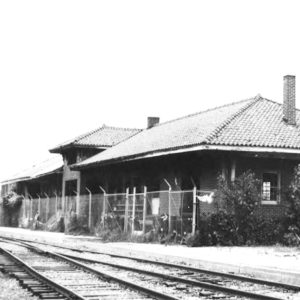 Lake Village Depot
Lake Village Depot
 Lake Village School
Lake Village School
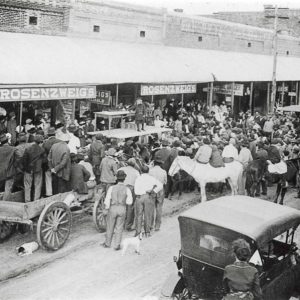 Lake Village Shoppers
Lake Village Shoppers
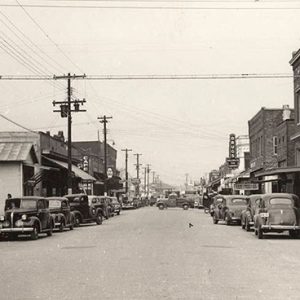 Lake Village Street Scene
Lake Village Street Scene
 Lakeside Students
Lakeside Students
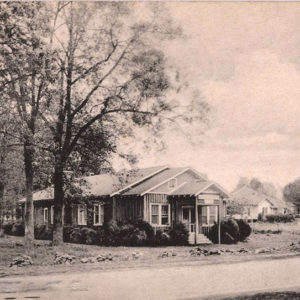 Legion Hut
Legion Hut
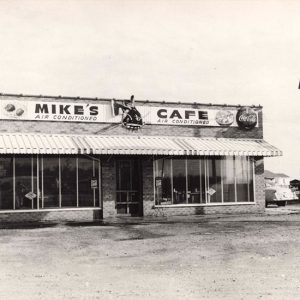 Mike's Cafe
Mike's Cafe
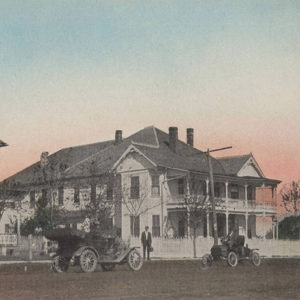 Parkman Hotel
Parkman Hotel
 Stave Logs
Stave Logs




